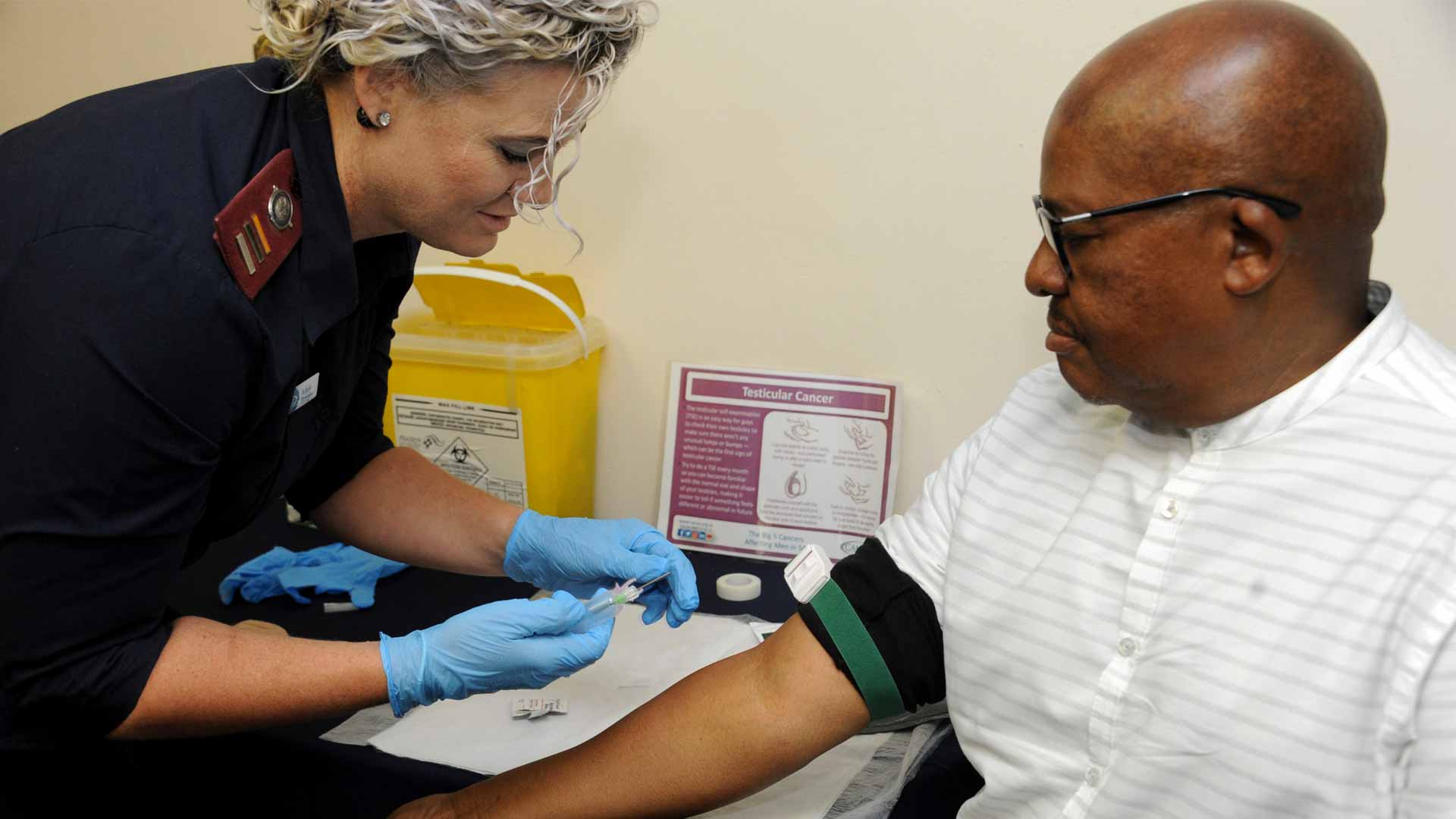Men to Take Advantage of Cancer Screening Available
Another risk factor to be aware of, is the potential increased risk for prostate cancer developing when there a family history of first-degree female relatives diagnosed with breast cancer linked to BRCA1 or BRCA2 gene mutation (first degree relatives include a mother, grandmother, sisters and aunts).
“CANSA will also be conducting a survey among prostate cancer patients to determine how to better support them and we encourage all men to please participate so that we can help find better ways of engaging and helping men cope with a cancer diagnosis,” added Strauss.
Men can lower their risk of prostate and colorectal cancer by eating a balanced diet (including lots of fruit and vegetables), maintaining a healthy weight and limiting red meat and high fat dairy products. One of the biggest risk factors for lung and bladder cancer is smoking. Men can lower their risk for these cancers by avoiding tobacco and related products.
While testicular cancer affects fewer men, it has a higher incidence in younger men with the lifetime risk being 1 in 1 436 according to the 2016 NCR. Regular monthly self-examinations can help detect this cancer early. Men from the ages of 15 to 49 need to examine their testicles, preferably after a bath or shower, to feel for any pea-sized lumps that could indicate testicular cancer. Find instructions on doing a self-examination on the CANSA website.
Strauss concludes, “It’s important that men diagnosed with cancer realise they need not face it alone. CANSA provides a counselling service dedicated to providing advice to cancer survivors and patients. Speak to a counsellor at your local CANSA Care Centre or call our Help Desk on 0800 22 6622 to make an appointment for Tele Counselling, or email us at counselling@cansa.org.za. You can also join our Champions of Hope Facebook Group for cancer Survivors and chat to peers who are facing similar challenges.”
For more information visit www.cansa.org.za or contact the nearest CANSA Care Centre, call CANSA toll-free 0800 22 66 22 or email: info@cansa.org.za
*excluding melanoma
(For more information, please contact Lucy Balona, Head: Marketing and Communication at CANSA at email lbalona@cansa.org.za. Call 011 616 7662 or mobile 082 459 5230.)













